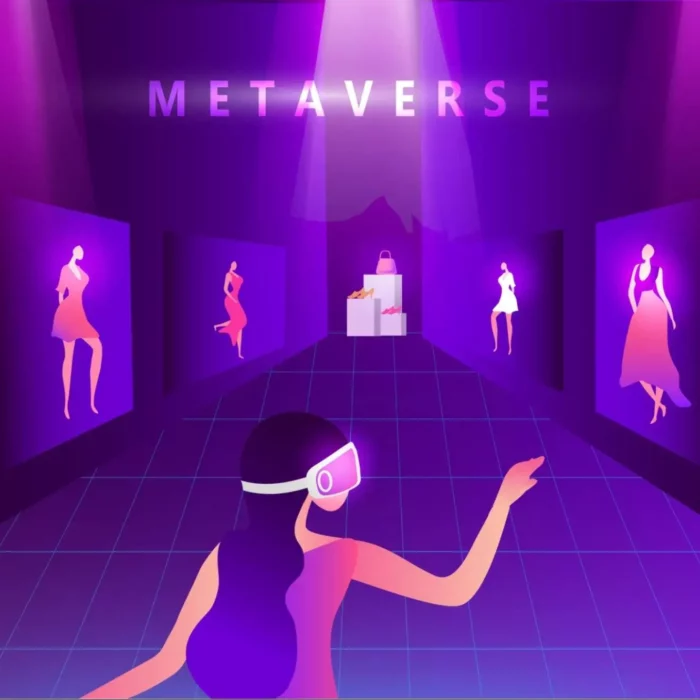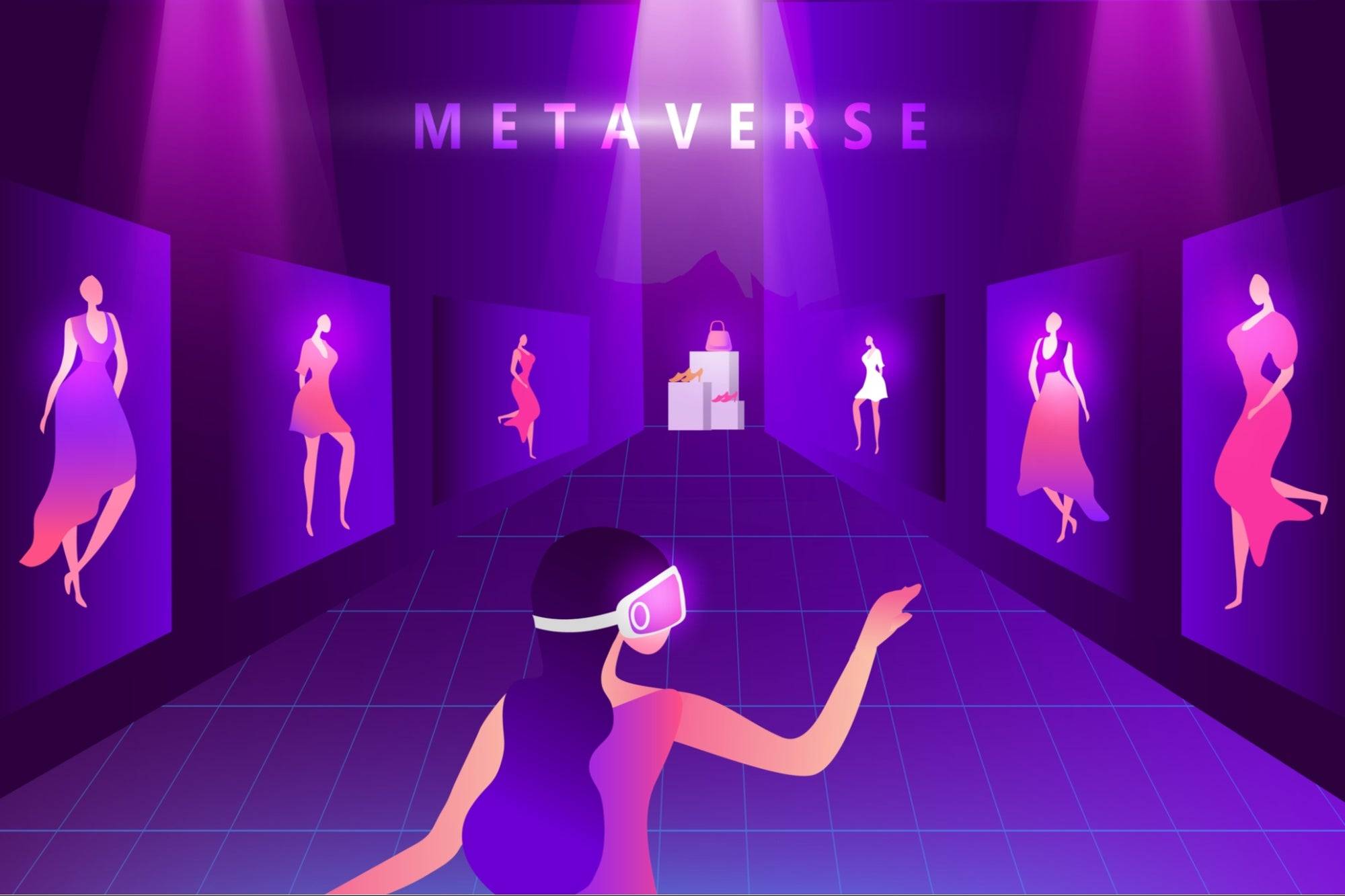CEO at JLB USA. My agency helps businesses add metaverse capabilities to grow their brand.
Promoted as the next big thing in modern tech, the metaverse is a continually evolving and changing space that will truly change marketing in years to come.
If you would like to succeed in this new digital and virtual world, your business will have to deploy an effective metaverse marketing strategy that meets the unique demands and preferences of new generations, such as Gen Z. It is imperative to focus on user experience, scalability and digital product rewards.
As we see the metaverse’s considerable influence on the digital marketing scene, it is likely that passive types of content marketing like infographics, photos and video will become less relevant. This is because a new Gen Z-dominated audience will continue to demand immersive and engaging alternatives.
Marketing In The Metaverse
Unique marketing techniques are being introduced by businesses to the metaverse. For instance, businesses can set up an online store and sell digital products. They can also produce immersive experiences using virtual reality.
Here are some metaverse marketing strategies we have found success with for clients that want metaverse-related capabilities.
• Focus on creating immersive experiences that appeal to your audience.
Customers frequently associate brands in the metaverse with innovation. To support the metaverse, businesses have to find the right balance between native advertising and immersive experiences—including games, events, virtual stores and sponsorships—while also focusing on real-world activations.
• Develop your branded NFT.
One of the main advantages of creating branded NFTs for metaverse marketing is that it increases brand awareness. According to Statista, there is a significant interest in NFTs from brands such as Adidas, Taco Bell and Nike among audiences of all demographics.
The metaverse and NFTs are intertwined. This is because users can display and exchange digital works of art and real estate using blockchain-backed NFTs in the metaverse, opening up new marketing opportunities for businesses to build their digital assets.
The good news is that you do not have to be a tech genius to develop NFTs; many online resources and publications can give you a low down on what developing an NFT entails.
This tactic ensures that your users take something away from your brand and remember your business from the metaverse.
• Use real-world and metaverse marketing simultaneously.
Retail companies can make the most of augmented and virtual reality by letting shoppers virtually try things on before making a purchase. You can also tap into the metaverse as a testing ground by creating virtual goods that, if successful, can be produced and released in the physical world.
• Develop and leverage new metaverse capabilities.
As with any new endeavor, companies should evaluate the skills and talents they will need for the metaverse, determine which skills they already have and which ones they need to learn, and hire someone to lead the creation and implementation of a coherent strategy to capture value. Additionally, brands should try to collaborate with others, such as independent developers and creator communities on these platforms.
• Utilize VR and gaming gift cards.
By including gift cards in your metaverse marketing strategy, you can reach a diverse and global audience. Currently, gaming gift cards from companies like Xbox and Nintendo are very successful marketing tools for marketers to reach gamers. I believe the use of gaming gift cards will be much more popular in the metaverse.
Gift cards are prized by gamers because they enable players to make in-app purchases from a variety of businesses in the virtual world, increasing their engagement and immersion, and turning them into passionate brand supporters.
Why You Should Market In The Metaverse
Consumer behavior has changed as a result of the digital age. More individuals are using the internet to learn, work, play and shop. The metaverse promises and promotes a “phygital” (physical and digital) solution. It aims to alter how we perceive the world by blurring the boundaries between real life and virtual reality.
For businesses, the metaverse presents a fantastic opportunity to target and reach new audiences, increase consumer confidence and explore a new revenue stream.
Final Thoughts
In order to create value throughout your enterprise, your company must take the time to consider the potential strategic implications and potential of the metaverse for sales, production, operations, R&D and HR.
While these marketing strategies are an excellent place to start, the metaverse is still in its infancy. From placing virtual banners and billboards on digital properties to offering unique services only available in the metaverse, there are many options to promote and market your brand.
The original article can be found here.










